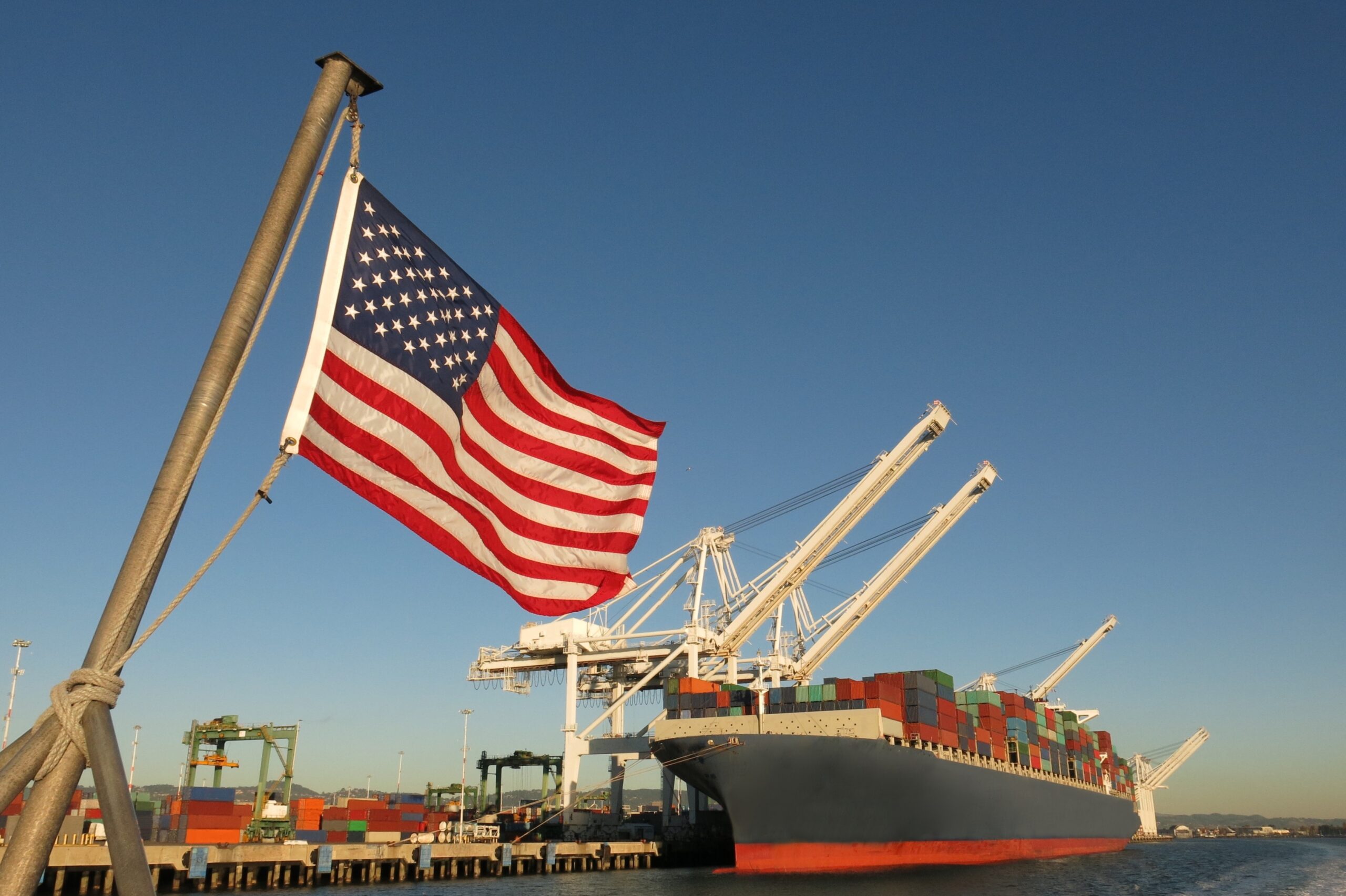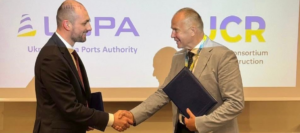The U.S. Department of Transportation’s Maritime Administration (MARAD) announced over $653 million to fund 41 port improvement projects across the nation under the Port Infrastructure Development Program (PIDP).
These investments, which are part of the largest dedicated funding for ports and waterways in history – nearly $17 billion through the President’s Bipartisan Infrastructure Law, are intended to help grow capacity and increase efficiency at coastal seaports, Great Lakes ports, and inland river ports.
The port improvement projects announced today will strengthen supply chain reliability, create workforce development opportunities, speed up the movement of goods, and improve the safety, reliability and resilience of ports.
Pete Buttigieg, U.S. secretary of transportation, said: “Everything from the food we eat to the cars we drive to the lumber and steel used to build our homes passes through America’s ports, making them some of the most critical links in our nation’s supply chain.”
“These investments will help expand capacity and speed up the movement of goods through our ports, contributing to cleaner air and better-paying jobs as we go.”
The PIDP improves port and related freight infrastructure to meet the nation’s freight transportation needs.
The program provides planning support, capital funding, and project management assistance to improve capacity and efficiency of ports in both urban and rural areas.
Awards announced today include more than $172.8 million for 26 small ports to continue to improve and expand their capacity to move freight reliably and efficiently, thereby boosting local and regional economies while protecting surrounding communities from air pollution.
Ann Phillips, maritime administrator, noted: “By funding port infrastructure development, the Biden-Harris Administration is ensuring that goods move reliably and in greater quantities, strengthening supply chain resiliency across all modes of transportation, and addressing the negative impacts of port operations on public health and the environment that have harmed communities living near ports.”
MARAD said projects were selected based on their ability to improve the safety, efficiency, or reliability of the movement of goods, as well as on how well they would improve port resilience.
Other factors considered during the project evaluation process included the amount of non-federal funding an applicant committed to the project, and how well the project enhanced economic vitality, supported workforce development, addressed climate change and sustainability, and advanced equity and President Biden’s Justice40 Initiative.



